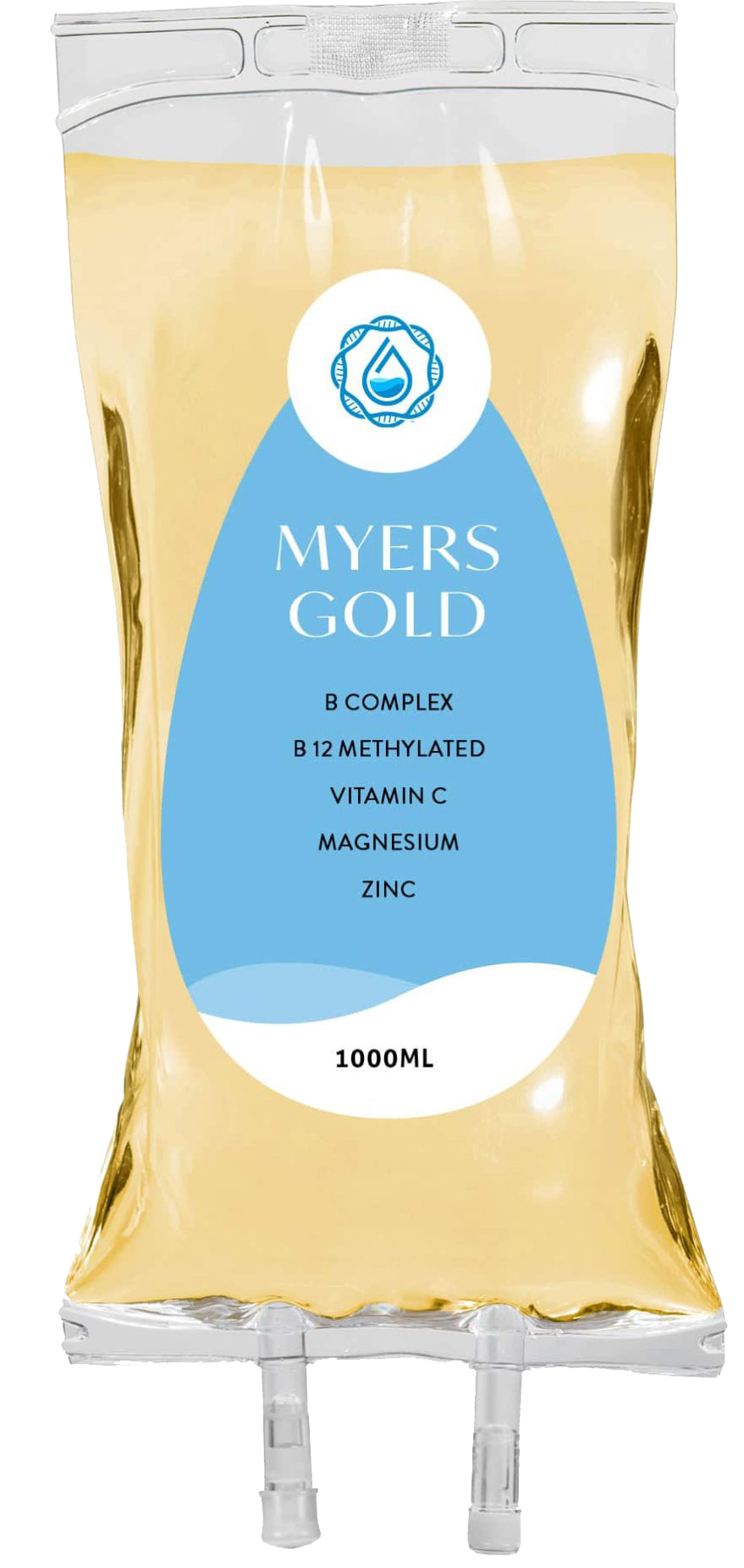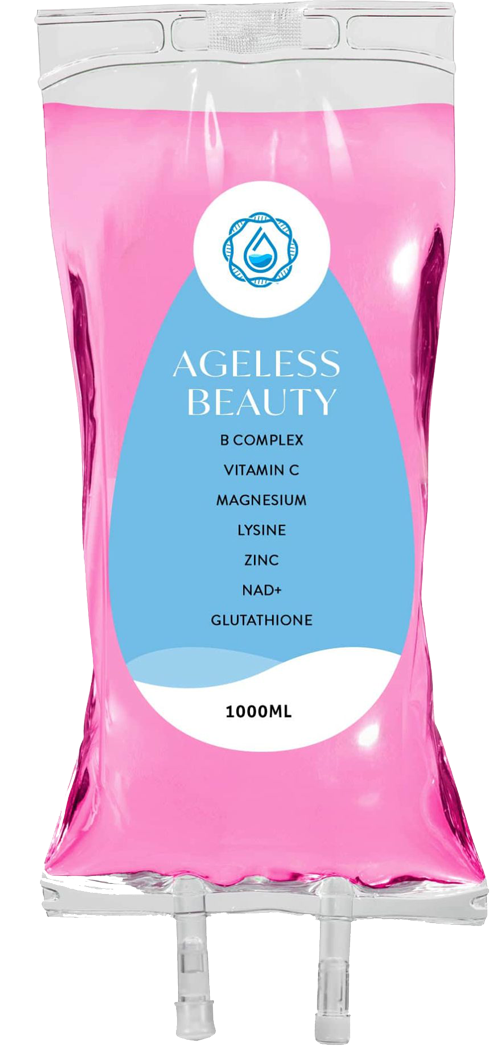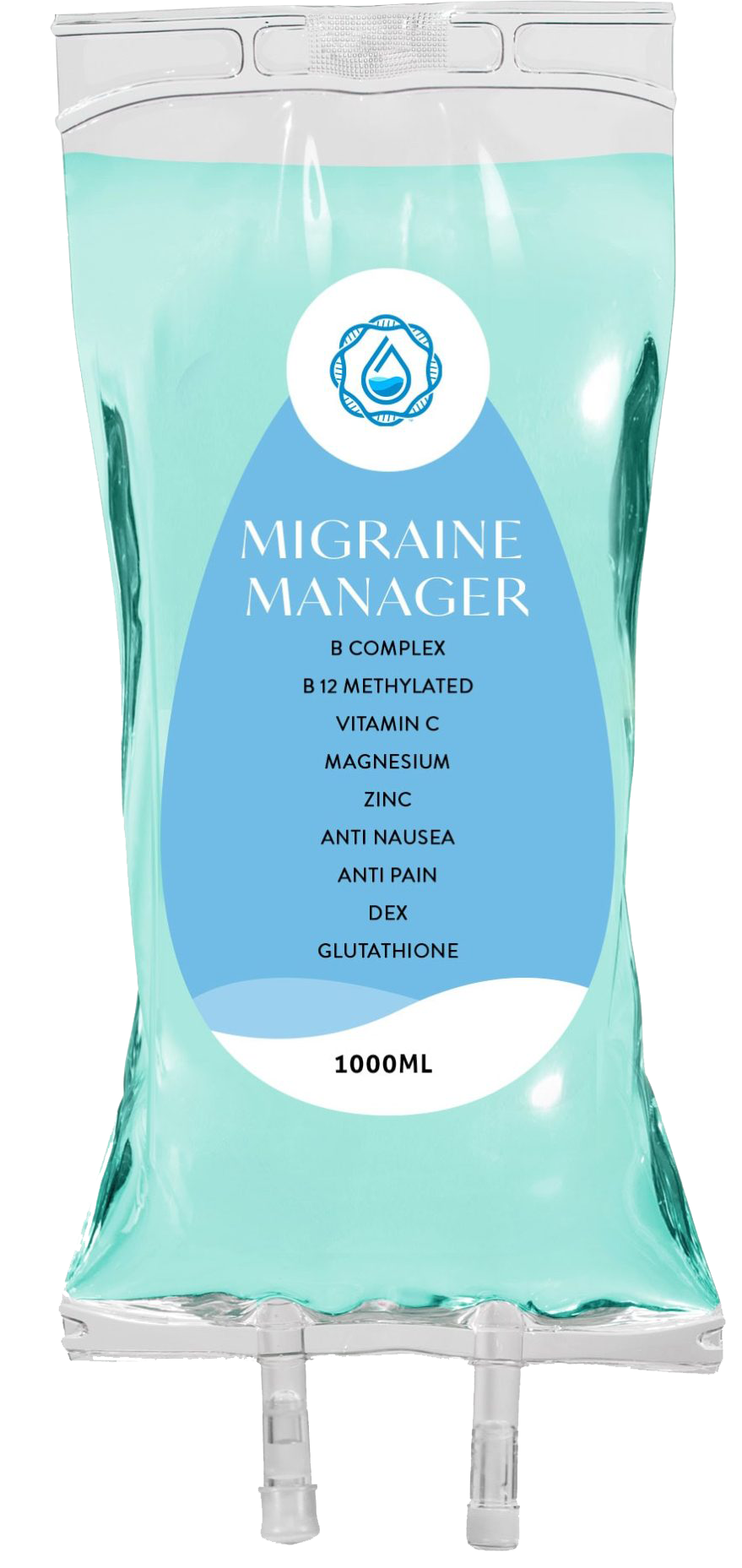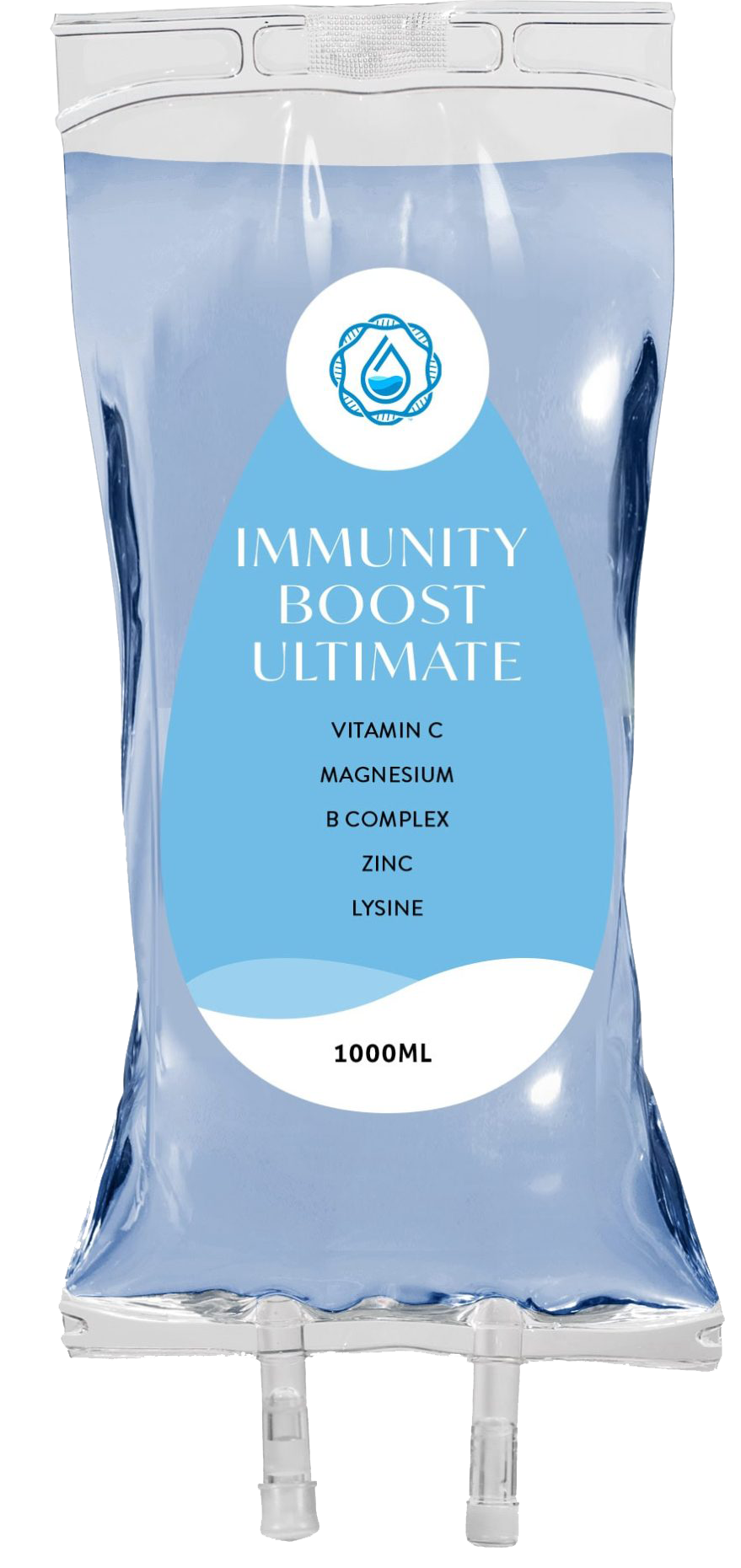Take Charge of Your Health.
A happier, healthier, more balanced life is waiting. Are you ready?
Easy Online Booking
Custom IV Drip
Powerhouse Custom IVs Delivered Directly to Your Body
IVs are used to help treat many different conditions. Our formulas are customized to each individual’s needs when our clinicians meet with you 1:1.
Below are samples of customer favorites.

FAVORITES
Myers Gold
Center $195 | Mobile $245 $195
Energize your body with a boost of nutrients, antioxidants, and hydration for a healthy + balanced body and mind.



FAVORITES
Ageless Beauty
Center $195 | Mobile $265
Turn back time with our premium blend that smooths, plumps, lightens + brightens while creating greater skin elasticity and glow from the inside out.

FAVORITES
Migraine Manager
Center $195 | Mobile $205
Tackle migraine symptoms including nausea and flush toxins to help reduce future migraines.



FAVORITES
Immunity Boost Ultimate
Center $195 | Mobile $245
Fortify your immune system with a powerful blend of immune-boosting nutrients.
3 Easy Steps to Get Started
How It Works
Schedule Appointment
No need to pre-select an IV or injection. Our clinicians will work with you after you book your appointment to ensure you have the perfect formula to fit your needs
01
Treatment Lasts About an Hour
Relax in our center or your home with our attentive expert IV nurses and be hydrated in about an hour.
02
Benefits can be Immediate and Last for Days
Start feeling better quickly and experience the superior benefits of premium nutrients with your IV or injection therapy.
03
Other Services
NAD
NAD+ is used in every cell of the human body and impacts sleep, mental clarity, focus, energy, inflammation, hormones, mood, metabolism, and much much more.
When using Premium IV Therapy’s NAD products, the molecule goes to work rapidly repairing cells throughout the body and brain.
Iron Infusion
Iron infusions are medical procedures in which iron is delivered directly into a person’s bloodstream through an intravenous (IV) line. These infusions are typically prescribed for individuals who have iron deficiency anemia or who cannot tolerate oral iron supplements due to absorption issues or side effects.
Weight Loss
Are you ready to wear that sexy dress and the super cute jeans you don’t fit into anymore?
It takes some lifestyle changes to lose weight. Even though it feels like it, weight doesn’t magically appear on us overnight. Likewise, there is no magic pill, fad diet, exercise technique, or machine that will help you lose weight overnight.
Injections
Injection Therapy – In-Center ONLY
Injections are typically done in the center only by our amazing Registered Nurses. They are also available for special events when requested.
Pure Nutrients - Just the Good Stuff
Get the biggest benefits and best quality IV Vitamin Therapies and Injection Therapies personally crafted by our medical director. Also, by utilizing our Micronutrient Testing, we can further customize your IV to include what your body actually needs!
Of course, we always use filler-free, synthetic-free, junk-free, and the highest bioavailable ingredients sourced and compounded in the United States and delivered to you by our amazing team of Registered Nurses.
Why wouldn't you want the best for your body?
Crafted IV therapy drips
Targeted injection shots mixed by hand
Micronutrient testing for optimal nutrient balance
Listen to Real Testimonials from Our Premium IV Therapy Clients
Premium Health Just Got Simpler
Book an appointment with us to design your custom IV therapy or injection plan.

